Your cart is currently empty!
By
John Abraham
| UPDATED

Grandparenting is one of life’s greatest joys, offering the chance to love, support, and guide without the full responsibilities of parenthood. But sometimes, with the best intentions, grandparents slip into the role of a “third parent.” While involvement is natural, overstepping can blur boundaries, create tension with the parents, and confuse grandkids about roles. Recognizing the signs early helps preserve harmony, respect, and the special bond only grandparents can provide.
27. You Critique Parenting Choices Often

When you find yourself regularly questioning rules, routines, or decisions, it’s a sign you may be acting like a co-parent. Even if your intentions come from love, frequent critique undermines parents’ authority and creates stress. Stepping back means trusting their parenting style, even if it differs from yours. Respect shows grandchildren that their parents are the leaders, while you remain the supportive guide.
26. You Frequently Discipline Your Grandkids

Correcting behavior once in a while is natural, but if you’re taking on discipline as your main role, you’ve crossed into parental territory. Discipline is most effective when consistent and led by parents. Instead of stepping in too quickly, redirect or distract, then share observations with the parents later. This keeps you in the nurturing role that grandkids associate with warmth and understanding.
25. You Insist on Your Rules Over Theirs
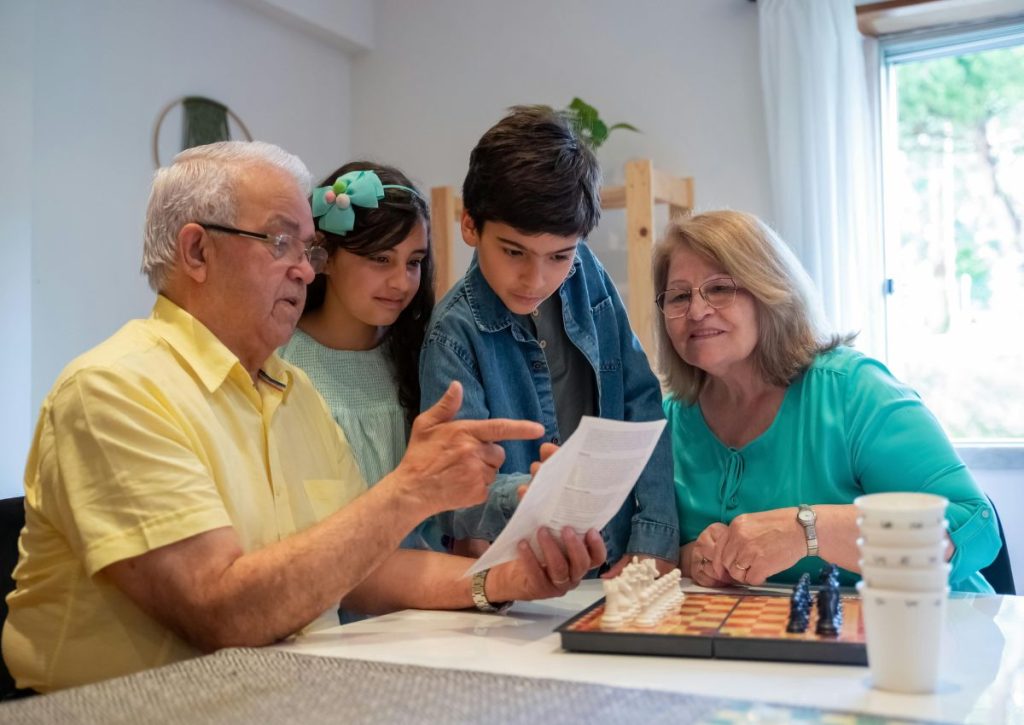
Grandkids may feel pulled between two sets of rules if you insist yours matter more than their parents’. Whether it’s bedtime, chores, or screen time, enforcing your rules above theirs causes conflict. A better approach is to ask parents what boundaries to uphold and follow them. This consistency creates trust and shows you respect the parents’ leadership while keeping your bond smooth.
24. You Offer Unsolicited Parenting Advice Constantly
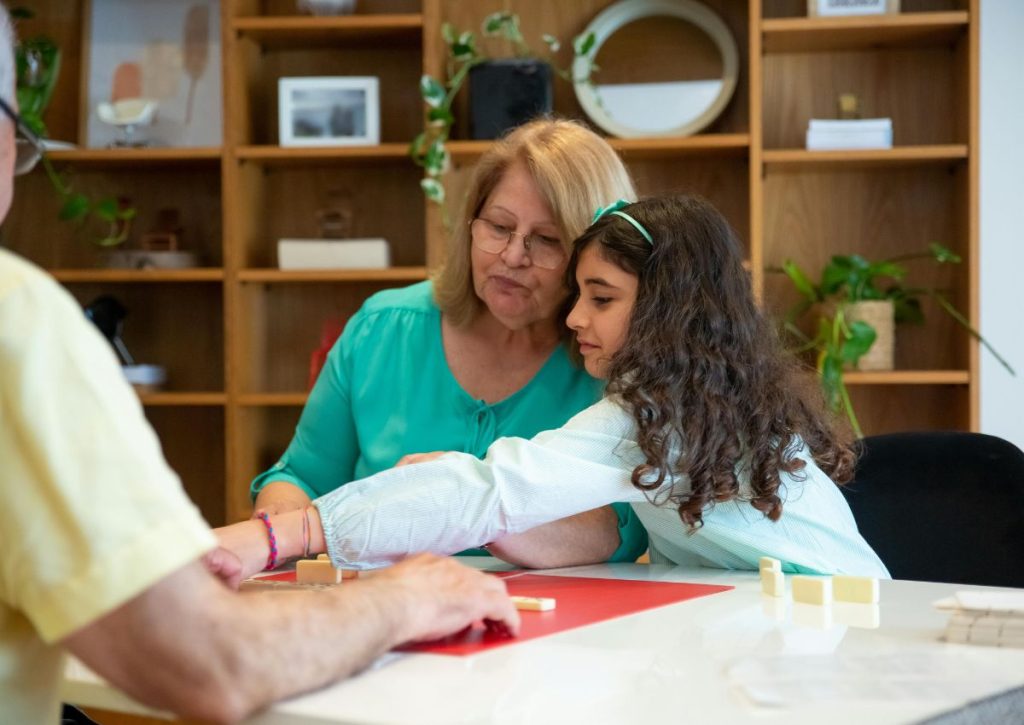
Sharing wisdom can be helpful—but when it becomes frequent and unsolicited, it may feel like judgment. Parents want to feel confident in their own choices. Instead of advising too often, wait for them to ask. When you share, frame it as support, not correction. This way, your experience is valued rather than resented, and you remain a trusted resource, not a hovering overseer.
23. You Compare Your Parenting to Theirs

Saying, “When I raised my kids, I did it this way” may seem harmless, but comparisons can feel like criticism. Every generation faces different challenges, and parents deserve to find their own way. Instead of pointing out differences, celebrate what they do well and acknowledge how times have changed. This keeps the focus on encouragement and prevents you from slipping into the role of evaluator.
22. You Override Parental Decisions

Giving candy after bedtime, skipping chores, or excusing behavior that parents addressed may feel like kindness—but it undermines authority. While spoiling is part of grandparenting, it should never override established rules. Find ways to treat your grandkids without breaking boundaries. By reinforcing parents’ decisions, you show solidarity, which strengthens family trust and ensures your influence remains positive.
21. You Step Into School or Activity Issues Unasked
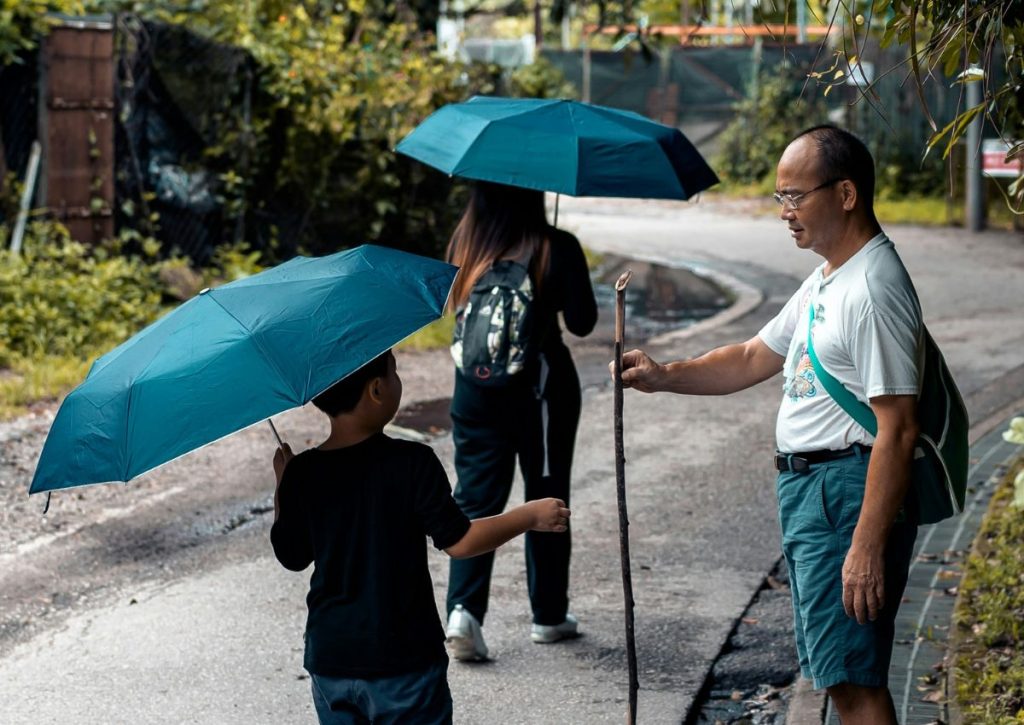
If you’re contacting teachers, coaches, or other authority figures without being asked, you’re taking on a parental role. While your involvement shows care, it can blur responsibilities. Instead, offer to help behind the scenes—like driving to activities or assisting with projects—while letting parents remain the primary advocates. This keeps you supportive without overshadowing their role.
20. You Expect to Be Consulted on Big Decisions

It’s natural to want input, but expecting to be included in every decision—like schooling, discipline methods, or medical choices—goes beyond the grandparent role. Your place is as a supportive listener and encourager, not a decision-maker. By stepping back, you relieve pressure on parents while showing respect for their authority. Your influence comes from trust, not control.
19. You Feel Hurt If Not Included in Every Plan

Feeling left out can sting, but expecting to be part of every outing, milestone, or conversation can create pressure. Parents need space to build their own family memories. Instead of seeing exclusion as rejection, view it as balance. When you are included, cherish it, and when you’re not, focus on enjoying your unique role as the fun, loving presence in their lives.
18. You Micromanage Daily Routines
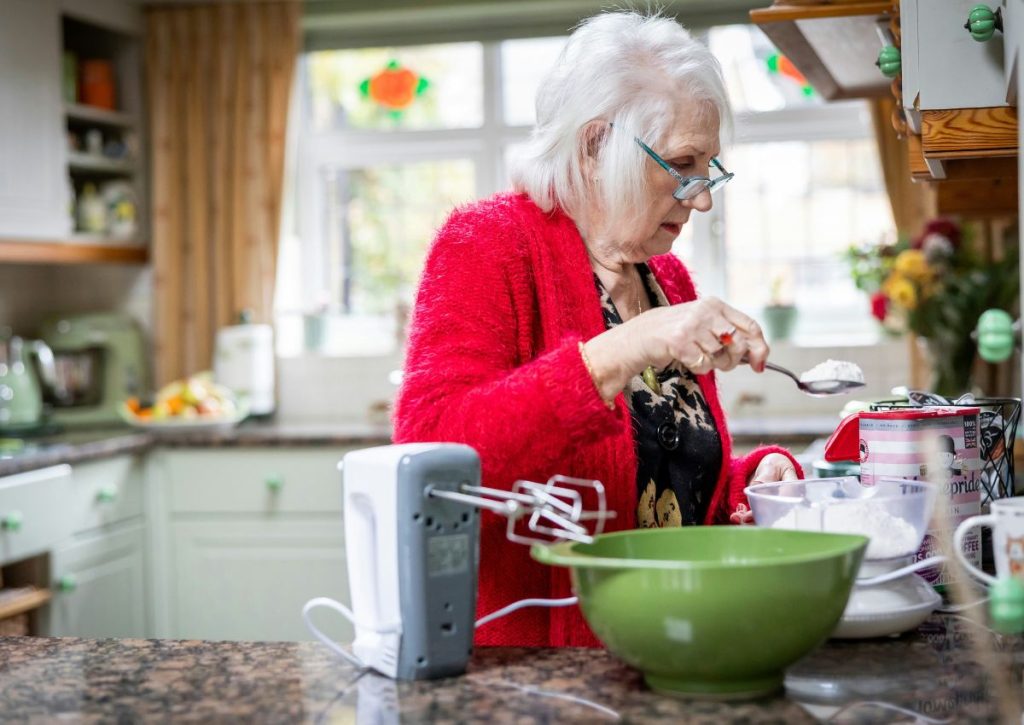
If you find yourself dictating meal times, sleep schedules, or activity choices, you may be micromanaging. Parents deserve freedom to shape their home life without constant correction. While your experience is valuable, stepping back shows you trust them. Instead of control, offer gentle suggestions if asked, and focus on making your time with grandkids special, not identical to their home routine.
17. You Get Frustrated When Parents Do Things Differently
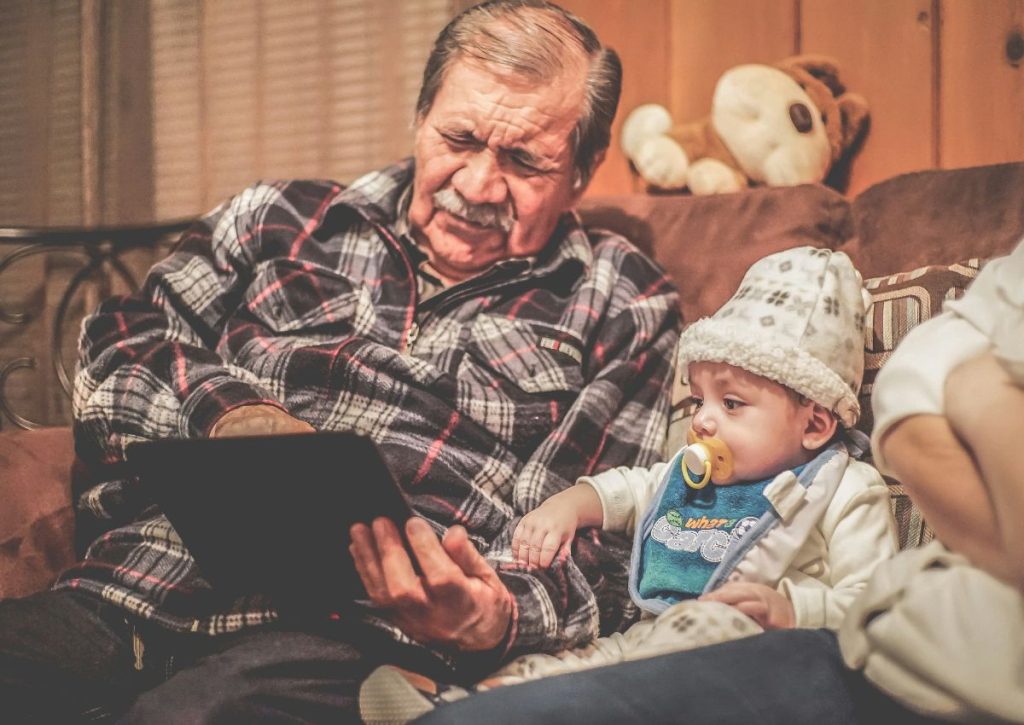
Change is natural between generations—technology, parenting methods, even attitudes about discipline evolve. If you often feel frustrated when parents do things “wrong,” it may be a sign you’re holding on too tightly. Rather than resisting, embrace the differences. Remind yourself that your role isn’t to replicate your parenting style, but to complement theirs with love, patience, and support.
16. You Undermine Boundaries Around Food or Treats

Offering cookies or surprise snacks feels like a classic grandparent move, but ignoring food boundaries parents set can cause tension. Whether it’s allergies, sugar limits, or dietary choices, disregarding rules sends the message that your judgment comes first. To step back, ask parents ahead of time what’s allowed. That way, treats remain joyful without creating conflict or undermining authority.
15. You Take Over at Family Gatherings

At family events, you might feel tempted to direct schedules, meals, or children’s behavior. But doing so can shift focus away from the parents. Instead, look for ways to assist—like offering to cook, clean, or entertain without controlling. By letting parents take the lead, you model respect and create an environment where family gatherings strengthen bonds rather than reveal power struggles.
14. You Insert Yourself in Discipline Conversations
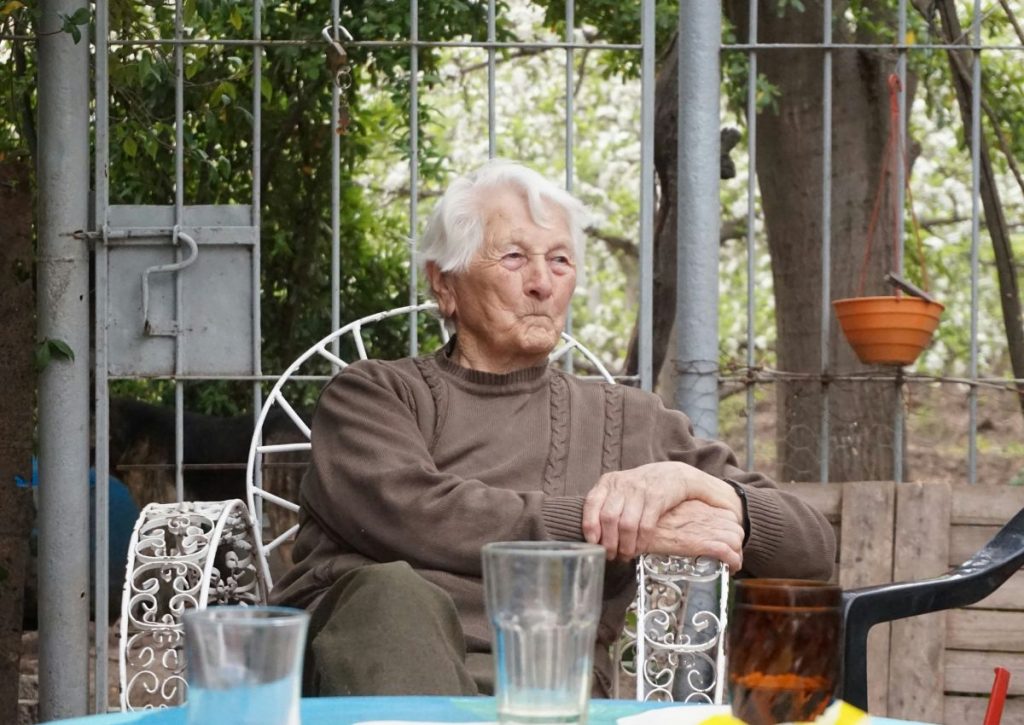
When parents are correcting their child, stepping in to add your own commentary—“Listen to your mother!” or “I told you so”—makes it feel like a two-against-one situation. It’s better to let the parents handle discipline in the moment. Later, if needed, you can quietly affirm their choices. This avoids confusion and helps kids clearly see who’s in charge.
13. You Feel the Need to Be Needed

Grandparents naturally want to feel indispensable, but when the need becomes overwhelming, it can lead to overstepping. Children benefit from multiple caring adults, but their parents should always remain central. By finding joy in offering support without controlling outcomes, you strengthen your bond while stepping back gracefully. This balance allows you to be present without taking over.
12. You Use Guilt to Influence Decisions

Phrases like, “I never get to see them” or “They like my way better” may influence parents temporarily but build resentment long-term. Using guilt puts pressure on relationships and makes parenting harder. Instead of guilt, express your needs openly and kindly. Parents are more likely to include you when they feel respected, not coerced, which strengthens trust across generations.
11. You Feel Ownership Over Grandkids’ Milestones

It’s exciting to see first steps, first words, or graduations—but expecting to be there for all of them can strain relationships. Parents deserve to lead and celebrate their child’s milestones. Your role is to cheer, support, and enjoy the moments you do get. By celebrating from the sidelines when necessary, you show humility and respect, which deepens your connection.
10. You Frequently Override Screen Time Rules

Technology is a common battleground. If you allow more TV, video games, or phone use than parents permit, you undermine their efforts. While it may win short-term affection, it creates long-term tension. Instead, ask what the limits are and support them. You can still have fun with grandkids in creative, tech-free ways, showing them that your house is about connection, not exceptions.
9. You Step Into Conflict Between Parent and Child

Trying to “rescue” your grandchild during disagreements with their parents might seem protective, but it undermines discipline and confuses kids. Children benefit from consistency, even in conflict. By staying neutral and offering support later, you maintain your nurturing role without disrupting family dynamics. Grandkids then see you as a safe listener, not someone who interferes with rules.
8. You Feel Overwhelmed by Responsibility

If you often feel like you’re carrying the weight of raising your grandkids, it may be because you’re taking on too much. Parents may unintentionally lean on you when you step in often. To step back, set boundaries on what you can realistically do, and encourage parents to carry their responsibilities. This ensures you remain a helper, not the substitute parent.
7. You’re Over-Involved in Daily Logistics
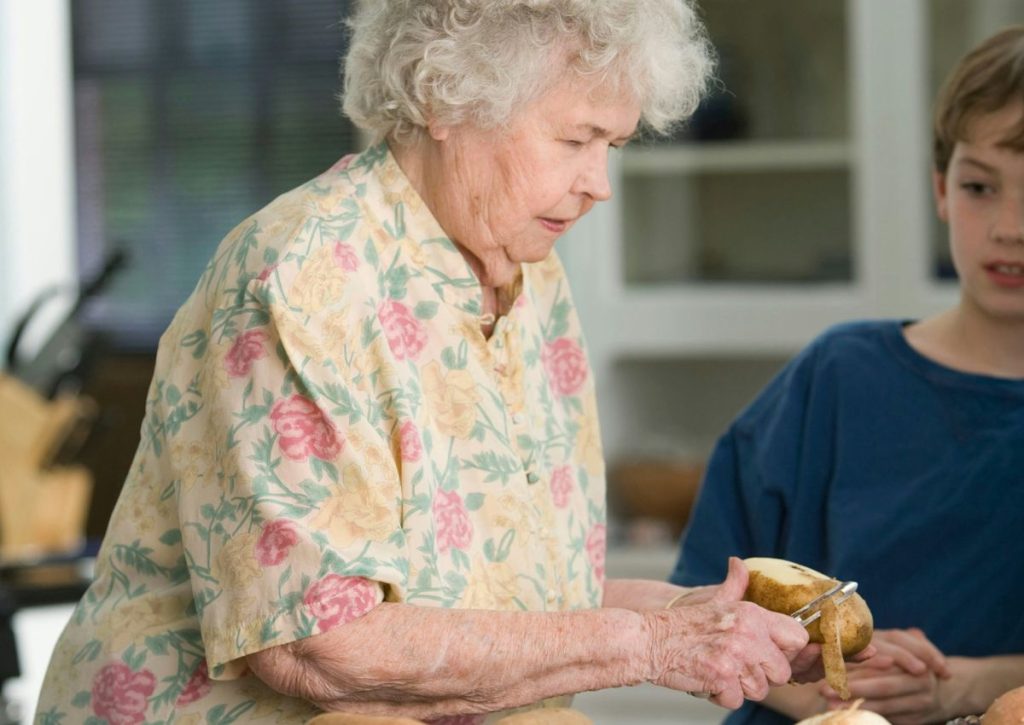
Driving to every activity, helping with every homework assignment, or handling every chore may seem generous, but it risks making you essential in ways parents should be. While helping occasionally is wonderful, constant involvement can blur roles. Step back by choosing specific ways to assist without replacing the parents’ responsibility. This keeps your support balanced and valued.
6. You Feel Tension With the Parents Often

If you notice frequent disagreements or subtle tension, it may be a sign you’ve stepped into “third parent” territory. Respecting boundaries can ease this. Honest, calm conversations about roles and expectations help reduce stress and keep relationships healthy. By prioritizing open dialogue, you reinforce trust, showing that your goal is harmony, not control.
5. You Expect Grandkids to Obey You Like Parents

Grandkids should respect you, but expecting obedience equal to that of parents can confuse roles. You’re not the authority figure—they are. Instead, focus on being the mentor, guide, and loving presence. By lowering the expectation of authority, you make room for deeper connection and ensure your influence comes from trust, not fear.
4. You Struggle to Say “No” to Parenting Roles

Taking on babysitting, school pickups, or errands is generous—but if you struggle to refuse, you may be overstepping. Saying yes too often can build dependency and strain your own life. Learn to kindly set boundaries, offering help when you truly can while encouraging parents to manage their role. This creates balance without guilt.
3. You Worry Constantly About Their Choices

Worrying about every parental decision—from clothing to activities—signals over-involvement. Constant concern can create friction and diminish parents’ confidence. Instead, step back and trust that they’ll handle challenges as they arise. Share advice sparingly and only when invited. This helps you maintain peace while still being the reliable support they know they can turn to.
2. You Feel Like the Household Runs Through You
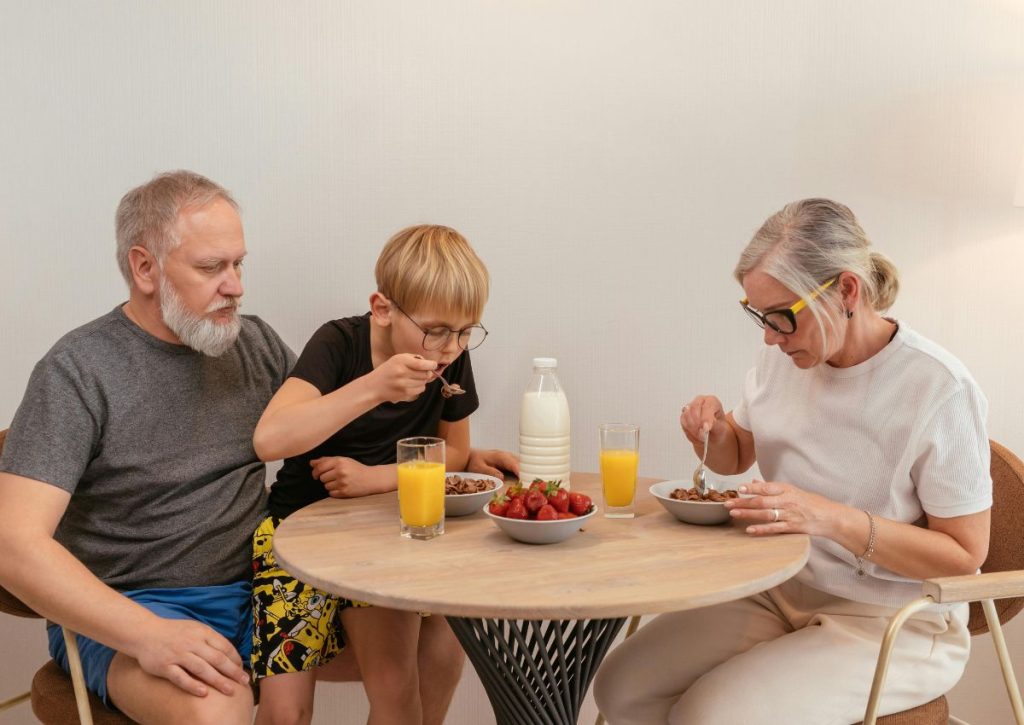
If daily routines, decisions, or planning often rely on your approval, you may be functioning like a third parent. It’s important to step back and remind yourself that the parents are in charge. Refocus on enjoying time with your grandkids rather than running the household. This shift allows you to fully embrace the freedom and joy of being a grandparent.
1. You Forget the Joy of Simply Being a Grandparent

The clearest sign you’ve become a “third parent” is forgetting the joy of your role. Grandparenting is about love, laughter, and special memories—not rules and responsibilities. By stepping back, you return to the sweetness of storytelling, play, and unconditional love. This ensures your grandkids see you as their safe place, not another authority figure.

